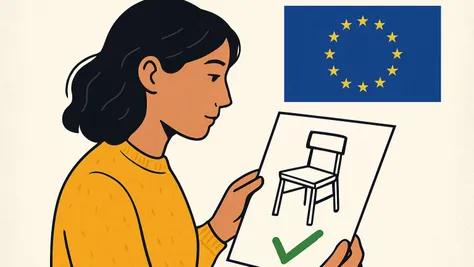In January this year, the Czech Supreme Court ruled that a physical marketplace is, from the perspective of intellectual property rights, equal to an online marketplace. It follows from the judgment that if a tenant has infringed intellectual property rights and such infringement is confirmed by a final verdict or decision, the operator of the marketplace must refrain from entering into or renewing the lease with such tenant.
In their legal action, the trademark owners (the claimants) sought an order requiring the operator of the marketplace (the defendant) to refrain from concluding or renewing sublease agreements for the use of the retail premises with entities that have infringed or jeopardised their trademark rights pursuant to final decisions of a court or administrative authority (the “first claim”).
However, the claimants went further. In addition to the first claim, they also demanded that the operator of the marketplace is required to refrain from concluding or renewing sublease agreements that do not impose an obligation on the subtenant to refrain from infringing the claimants’ industrial property rights and that do not lay down as a ground for termination by the tenant an event of infringed or jeopardised trade mark right in the point of sale used by the subtenant (“the second claim”).
The trade mark owners argued that the operator of a marketplace – meaning a real marketplace where people physically trade – is in the same position of intermediary as the operator of an electronic marketplace, whose services are used by third parties (in this case, subtenants) to infringe IP rights.
The Municipal Court in Prague and the Court of Appeal both found that the first claim of the trademark owners was justified and ordered the defendant to refrain from concluding or renewing sublease agreements for the use of the retail premises with entities that, according to a final decision of a court or administrative authority, had infringed or jeopardised the rights to their trademarks.
Regarding the second claim – the claimants’ request to order the operator of the marketplace to enter into contracts with specific content in the future – this part of the action was dismissed. Subsequently, the owners of the trademarks appealed to the Supreme Court of the Czech Republic, which upheld the decision of the lower courts as substantively correct and dismissed the appeal.
The good news for trademark owners is that this lawsuit brought several new landmark decisions: first, that a marketplace (whether brick-and-mortar or electronic) is still a marketplace, and second, that you can order an intermediary what to do, but you cannot order him how.
If you would like to know more about this decision or our advice on how to handle your trademarks in this dynamically changing market, please do not hesitate to contact us.









